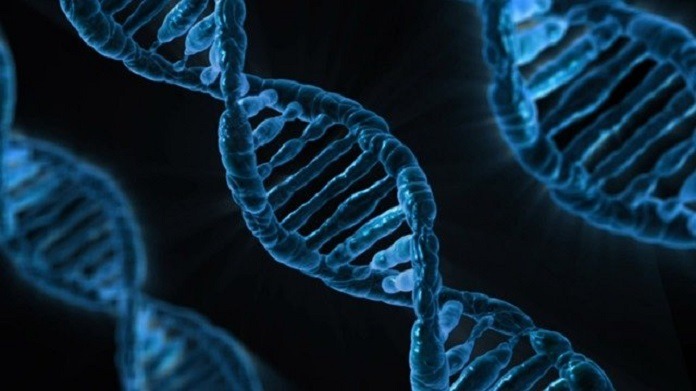Evidence from a recent study suggests that a specific gene may provide some resistance to severe symptoms of COVID-19.
According to the study, the genetic make-up of those who experience severe COVID-19 symptoms, versus those who are asymptomatic, significantly differ at one gene location.
The study found a significantly higher frequency of the HLA-DRB1*04:01 gene in asymptomatic individuals. This potential gene for COVID-19 resistance is a version – allele – of the human leukocyte antigen (HLA) family of genes, which are involved in immune system response.
The research group from Newcastle University in the United Kingdom enrolled 49 patients in the study who presented with COVID-19 respiratory failure requiring ventilation and/or administration of oxygen. They compared their HLA genes to 69 hospital staff who tested positive for COVID-19 but remained asymptomatic during their infection.
The frequency of the HLA-DRB1*04:01 was significantly higher in the asymptomatic individuals compared to those with severe symptoms, at 16.7% and 5.1%, respectively.1 These findings suggest HLA-DRB1*04:01 may be a gene for COVID-19 resistance.
The HLA-DRB1*04:01 gene, like the other HLA genes, code for transmembrane proteins that present foreign material, “antigens”, to immune cells called T cells. These T cells recognize these signals and facilitate an attack.
The frequency of HLA alleles correlates with geographical location, as shown in previous studies. In light of this, the study took participants from similar European background and from two hospitals in the North East of England. They also included a control group from the same background and location.
The HLA-DRB1*04:01 allele frequency in the control group was calculated to be 11.0%. This proportion was similar to the frequency found in the U.K. population, 11.1%. Populations from Northwestern Europe were found to contain a greater frequency of this potential gene for COVID-19 resistance.
“[The identification of the HLA-DRB1*04:01 gene] could lead us to a genetic test which may indicate who we need to prioritise for future vaccinations”, according to Dr. Carlos Echevarria, co-author of the study.2 “At a population level, this is important for us to know because when we have lots of people who are resistant […] then they risk spreading the virus while asymptomatic”.2
References
- Langton, D.J. et al. (2021). The influence of HLA genotype on the severity of COVID-19 infection. HLA Early View. Doi: 10.1111/tan.14284.
Gene protection for COVID-19 identified. (2021). EurekAlert! The American Association for the Advancement of Science. Accessed on June 12, 2021. Retrieved from https://www.eurekalert.org/pub_releases/2021-06/nu-gpf060421.php
Image by PublicDomainPictures from Pixabay



